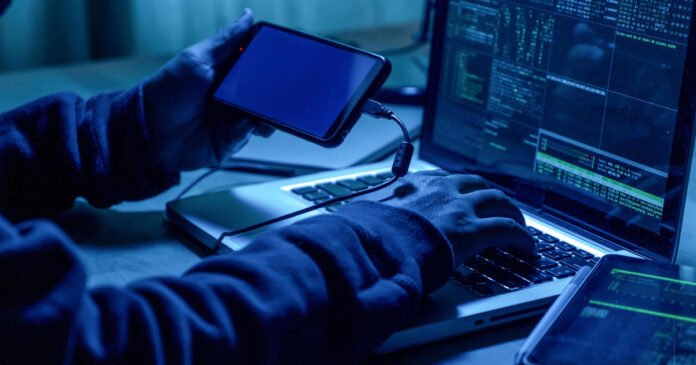Minnesota AG Plans to Speak Against RFK Jr. Nomination and Cybersecurity Developments
In recent news from Minnesota, the political landscape is heating up as the Attorney General (AG) plans to voice opposition against the nomination of Robert F. Kennedy Jr. (RFK Jr.) for a prominent position. This development comes amid a backdrop of significant legislative changes, particularly in the realm of cybersecurity, which is becoming increasingly vital for public safety and infrastructure.
Opposition to RFK Jr.’s Nomination
The Minnesota Attorney General’s decision to speak out against RFK Jr.’s nomination is noteworthy, given the political weight and historical significance associated with the Kennedy name. RFK Jr. has been a controversial figure, often stirring debate with his views on various issues, including public health and environmental policies. The AG’s stance reflects broader concerns within the state regarding the implications of his potential appointment, particularly in relation to public trust and governance.
While specific details about the AG’s arguments against the nomination have yet to be fully disclosed, it is clear that this issue is poised to ignite discussions among political circles and the general public alike. The ramifications of such a nomination could extend beyond Minnesota, influencing national conversations about leadership and accountability in government.
New Cybersecurity Law in Minnesota
In a separate but equally important development, Minnesota has enacted a new law mandating that public agencies report cybersecurity incidents to state IT officials. This law, which took effect recently, is a proactive measure aimed at bolstering the state’s defenses against the rising tide of cyber threats that have increasingly targeted public institutions.
According to Minnesota IT Services (MNIT), the law encompasses not only government agencies but also contractors and vendors that serve these entities. This broad scope ensures that all parties involved in public service are held accountable for reporting any cybersecurity incidents, thereby creating a more comprehensive safety net for the state’s digital infrastructure.
Importance of Reporting Cybersecurity Incidents
The reporting requirements are designed to facilitate a collaborative approach to cybersecurity. By collecting data on incidents, MNIT and the Minnesota Bureau of Criminal Apprehension can identify trends and common vulnerabilities, allowing them to anticipate and prevent future attacks. This is particularly crucial for educational institutions, which have become prime targets for cybercriminals.
Eric Simmons, the Director of Technology at Stillwater Area Public Schools, emphasized the importance of this new mandate, stating, "Minnesota’s cybersecurity incident reporting law highlights the critical collaboration between MNIT and school districts to combat growing cyber threats. Schools are prime attack targets, yet many lack the resources to respond effectively." His comments underscore the urgent need for enhanced cybersecurity measures in educational settings, where sensitive data and student information are at risk.
Background on Minnesota’s Cybersecurity Initiatives
The cybersecurity incident reporting law was signed into effect by Governor Tim Walz in May, marking a significant step forward in the state’s efforts to protect its digital landscape. This initiative follows the rollout of Minnesota’s first-ever statewide cybersecurity plan, which was launched last year with an investment of nearly $24 million in state and federal funds. This plan aims to strengthen online defenses across more than 3,000 government entities, ensuring that Minnesota is better equipped to handle the evolving threats posed by cybercriminals.
As the state continues to navigate these challenges, MNIT officials have committed to providing ongoing updates and guidance to assist public entities in fulfilling their reporting obligations. This collaborative effort is essential for creating a resilient cybersecurity framework that can adapt to the ever-changing landscape of digital threats.
Conclusion
The intersection of political developments and cybersecurity initiatives in Minnesota highlights the state’s commitment to safeguarding its institutions and public trust. As the AG prepares to speak against RFK Jr.’s nomination, the implications of this decision will likely reverberate throughout the political arena. Simultaneously, the new cybersecurity law represents a proactive approach to protecting vital public services from the increasing threat of cyberattacks. Together, these developments underscore the importance of vigilance and collaboration in both governance and cybersecurity.

